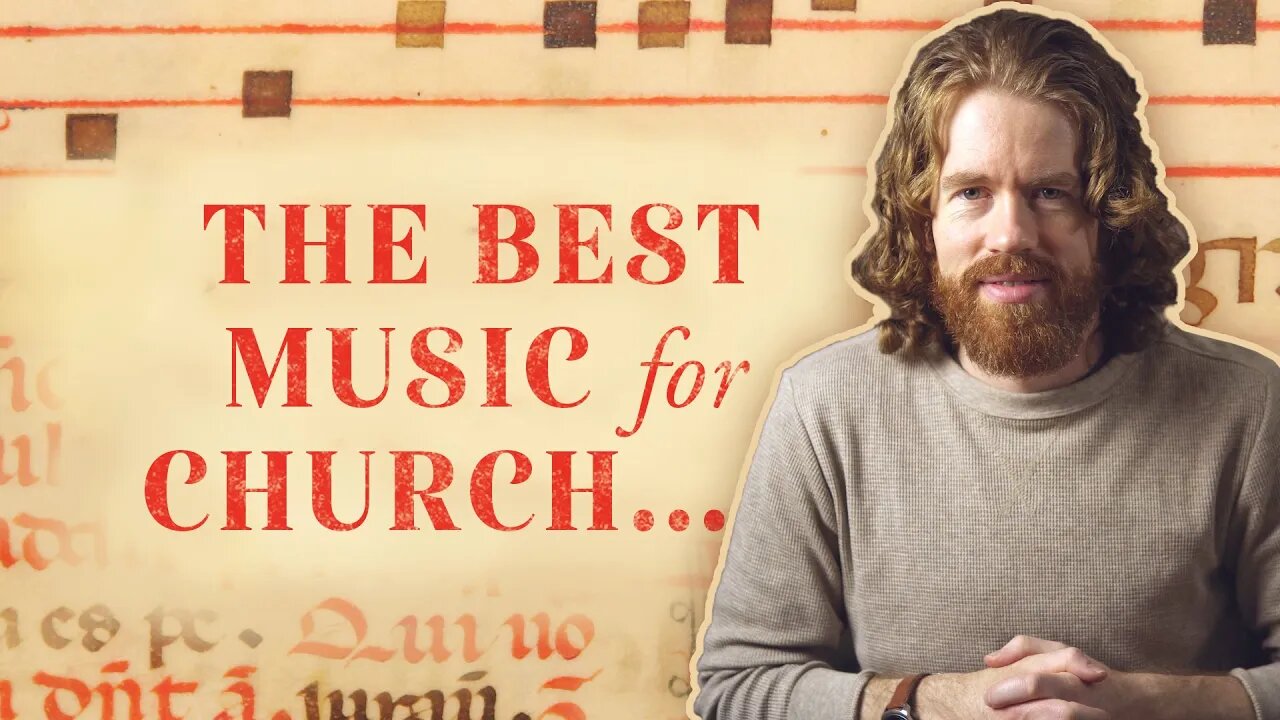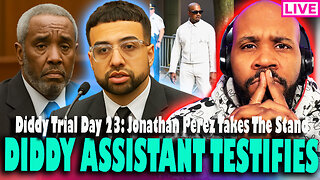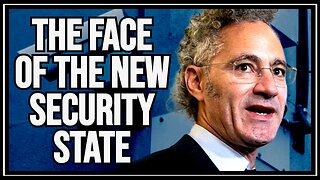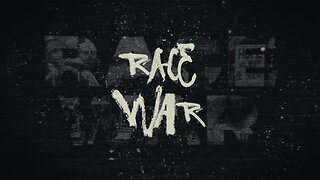Premium Only Content

The Best Music for Mass
Music written and generously provided by Paul Jernberg. Find out more about his work as a composer here: http://pauljernberg.com
Spanish translations by Vélez Translations, http://www.veleztranslations.com
Gospel simplicity's video:
https://youtu.be/ubPORvtDwSE
When I was first exploring Christianity as a potential convert, I remember someone saying to me that Jesus never sinned. As a descendent of a post-Christian society, I was familiar enough with bibilical stories to think that I knew what I was talking about, so I quickly objected with, “Oh yea, what about that time he beat a bunch of people up outside the temple?”
What I hadn’t considered is that God’s law is above human law and if there’s a justifiable reason to turn to violence, then maybe it’s not a sin. So if Jesus really was God the son and could not sin against his own nature, then what could justify moving him to violence?
What were the people on the receiving end of this outburst doing that was so bad that, in our Lord’s mind, it would be better for them to go down in history as having been the ones who provoked the prince of peace to violence rather than continue doing what they were doing?
Well, they had setup a bit of a marketplace just outside the temple. So they were changing money and selling livestock, among other things.
So it wasn’t that they were trading in a market that was the object of his anger. It was the fact that they were doing something profane in a sacred place. Profane in this sense means the everyday or secular. They were treating the sacred with a casual attitude.
Think about that. Of all the sins that Jesus encountered in his ministry, he was never so put out as the time he saw people acting irreverently towards that which is sacred.
So what does this have to do with music? If we’re going to ask ourselves how it is that we should incorporate music into our worship, we should be mindful of the need for sacredness.
The Church is the new temple. It is the place where God dwells. It is a holy and sacred place and the etymology of the word Holy or sacred is “set apart”.
Keep in mind, that we don’t need to be using music at mass. We could just say the prayers without any music. Music is only introduced as a way of enhancing what we are already doing, so if we decide to include it, it better contribute to the sacredness of that place and those actions.
It’s not meant to entertain or amuse us. It’s not a musical interlude between the prayers. It’s supposed to be the prayers, themselves, sung.
But if we use a style of music that is born out of secular culture for commercial purposes, as popular music is, then we are disregarding the need for it to be sacred. We’re introducing the profane into a sacred act. We’re distorting and concealing its sacredness.
And if you think that I’m getting carried away with this analogy. You should know that Pope St. Pius X used it when he wrote Tra Le Sollecitudini which was a moto proprio about how music was to be conducted at mass.
He said, “it is vain to hope that the blessing of heaven will descend abundantly upon us, when our homage to the Most High, instead of ascending in the odour of sweetness, puts in the hand of the Lord the scourges wherewith of old the divine Redeemer drove the unworthy profaners from the Temple.”
He goes on to say that sacred music must “exclude all profanity not only in itself, but in the manner in which it is presented by those who execute it.”
In other words, the music in content and character, must be sacred. Commercial music like pop music, rock music, and folk music, are by their nature, their history, and their inception, profane. To try to wedge them into the sacred liturgy is to risk the same kind of divine wrath that Jesus displayed in gospels. It is vain arrogance on our part.
Not only should it be sacred, but it should also be universal. It should have a quality that transcends the fashions of a particular place or the preferences of a particular group or society. Why? Because the liturgy belongs to all of us. It isn’t contingent upon a specific preference, attitude, or cultural persuasion.
We need to disregard this whole notion of using music based on its apparent popularity in the commercial marketplace. We need to disregard genres altogether and pick something that was specifically designed for the use of Christian prayer – something that is set apart for that purpose.
And according to Pope St. Pius, as well as Sacrosanctum Concilium, Vatican II’s document on liturgy, these qualities that I’ve described, sacredness and universality, are found in the highest degree in Gregorian Chant. Pius goes on to say that it is the supreme model for sacred music.
-
 12:28
12:28
Brian Holdsworth
1 year ago $0.05 earnedThe Popes Warned Us About This
2951 -
 3:29:07
3:29:07
The Pascal Show
17 hours ago $0.04 earnedDIDDY TRIAL LIVE! KANYE IN THE BUILDING! Assistant Jonathan Perez Testifies! Diddy Trial Day 23
1.59K1 -
 8:17
8:17
Due Dissidence
15 hours agoPalantir is a CREATION of Post-9/11 Hysteria - w/ Derrick Broze | TMWS
2.68K4 -
 7:00
7:00
Zach Costello
17 hours agoMedia CAUGHT Covering Up ATTACK on Homeland Security Secretary
1.79K4 -
 12:05
12:05
Matt Kohrs
17 hours agoHow I Became A Profitable Trader (3 Simple Steps)
2.96K -
 5:22:44
5:22:44
GloryJean
19 hours agoMnK #1 Aggressive POV 🖱️ 6.7 K/D
6.06K -
 9:03
9:03
PragerU
13 hours agoAnti-ICE Organizers Exposed, U.S.–China Deal Reached, Hamas Kills Humanitarians: 6/13/25
5.97K1 -
 24:06
24:06
This Bahamian Gyal
13 hours agoEven BLACK PEOPLE are fed-up with BLACK PEOPLE
5.06K8 -
 0:55
0:55
Turning Point USA
16 hours agoRACE WAR | Official Trailer
5.74K1 -
 20:24
20:24
The BOB & TOM Show
1 day agoGerman Accents, Poop in a Shoebox & Plane Gender Reveal?! | BOB & TOM Show
5.01K1